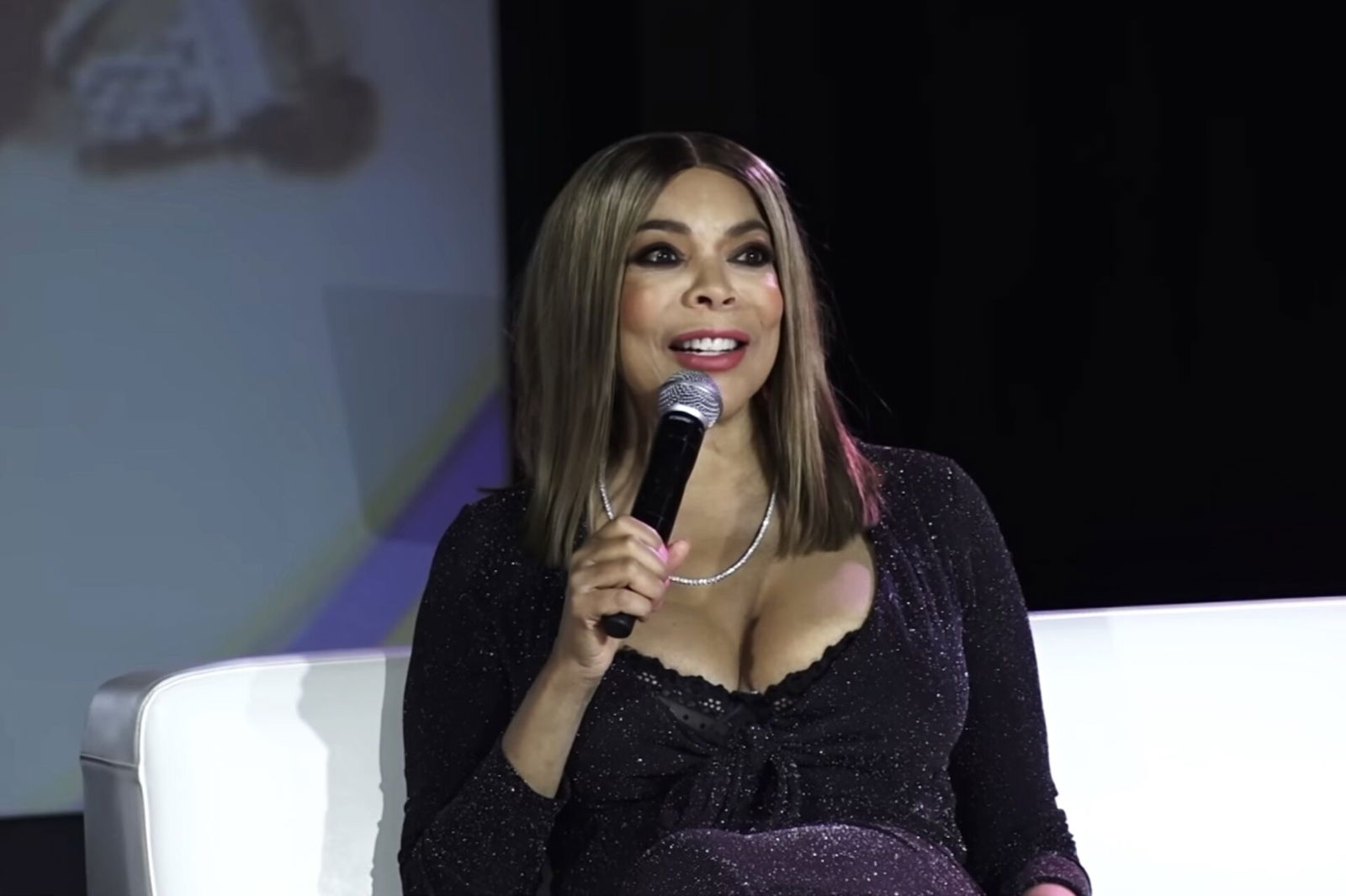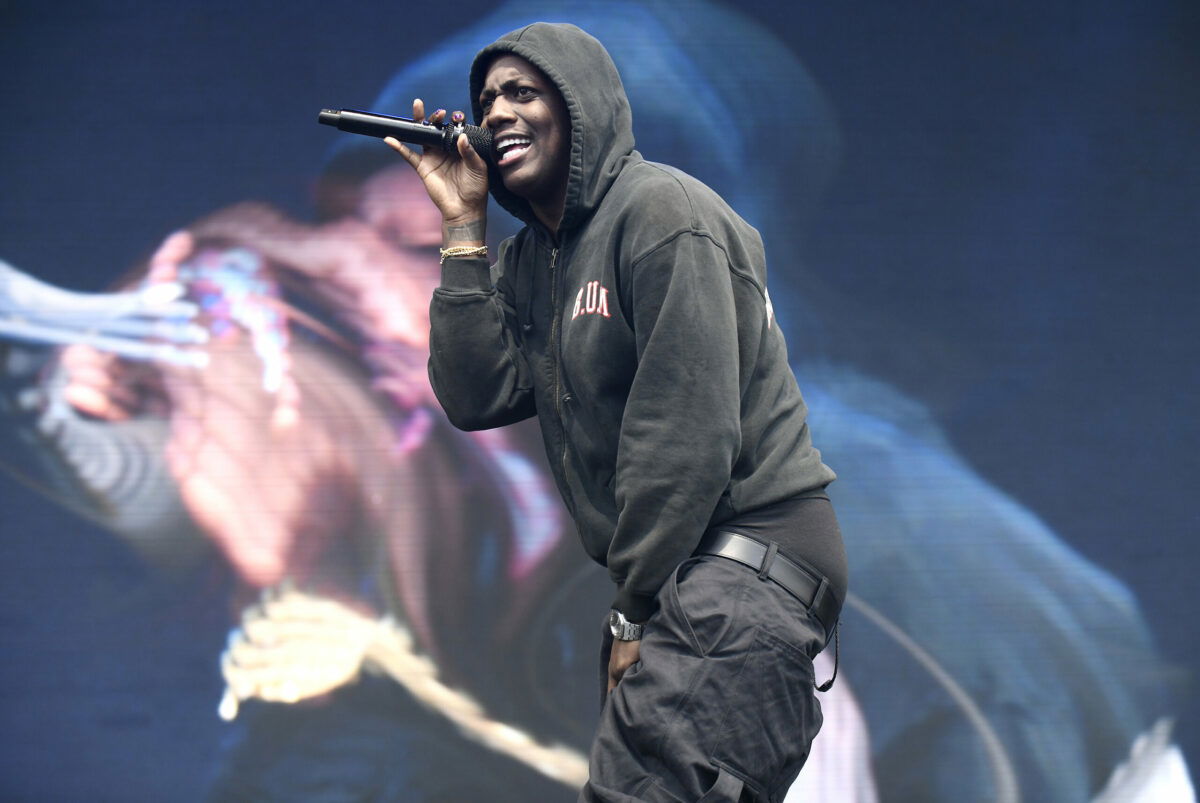
March 17, 2025
Ice Cube’s BIG3 Launches International Showcase Tour In Australia ‘To Grow The BIG3 Game Globally’
Ice Cube continues the global expansion of the BIG3 with a showcase tour in Australia.
The BIG3 will spotlight its top players in its first-ever international BIG3 Showcase, which will take place in Australia in November 2025.
Created in collaboration with Australia’s National Basketball League (NBL) and GameAbove Sports, the showcase will feature a lineup of the BIG3’s top players traveling to cities across Australia. The official announcement comes ahead of the BIG3’s eighth season tip-off on June 14, 2025.
“With this partnership, the NBL and the BIG3 are taking it upon themselves to grow the BIG3 game globally and continue to expand the talent development pipeline for Australian 3-on-3 athletes, cultivating top 3-on-3 talent that has been absent on the international stage thus far,” BIG3 Co-CEO Ice Cube tells BLACK ENTERPRISE.
“The NBL is one of the most respected basketball leagues in the world and its reputation is getting bigger and bigger. That’s why we are happy to enter into this unique partnership and are excited for what the future holds.”
Through their partnership, the BIG3, NBL, and GameAbove Sports aim to create a lasting and sustainable collaboration. The showcase aligns with the NBL’s position as Australia’s premier professional basketball league, dedicated to highlighting top-tier talent worldwide while expanding the game’s reach and popularity domestically and internationally.
“This is going to be a once-in-a-lifetime event,” Ice Cube said in a press release. “We’ve wanted to bring our players to compete on the international stage for years, and we can’t think of a better place to do just that than in Australia among some of the best basketball fans in the world. The energy, culture, and love for basketball in Australia is astounding, making it a perfect fit for us. What the NBL has done to grow the game is incredible and together with GameAbove, see no limit to this partnership. We can’t wait to bring Aussie fans the power of the BIG3 live in November, and perhaps beyond.”
The Australia showcase marks the next step in the BIG3’s global expansion, following successful international regular-season matchups in Nassau, Bahamas; Toronto, Canada; and London, UK—where the 2023 BIG3 Champion Enemies were crowned at the iconic O2 Arena to an overwhelming fan response.
The BIG3 has thrived for seven years and eight seasons with its innovative take on professional basketball, FIREBALL3—an enhanced version of traditional 3-on-3 play. The league boasts an impressive roster of talent, featuring Hall of Fame coaches like George “The Iceman” Gervin, Julius “Dr. J” Erving, and Nancy Lieberman, alongside 3-on-3 standouts such as Michael Beasley, Isaiah Briscoe, and Jordan Crawford.
The BIG3’s eighth season kicks off on June 14, 2025, live on CBS, marking the debut of four new franchises in Los Angeles, Miami, Houston, and Detroit—led by GameAbove Sports.
RELATED CONTENT: Ice Cube Returns To ‘OG’ Rap Roots On New Album, ‘Man Down’








